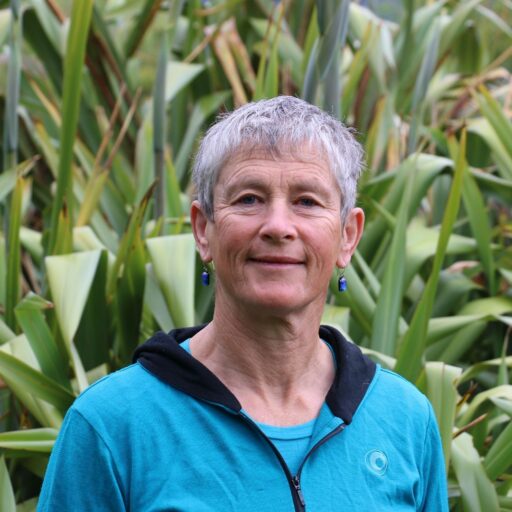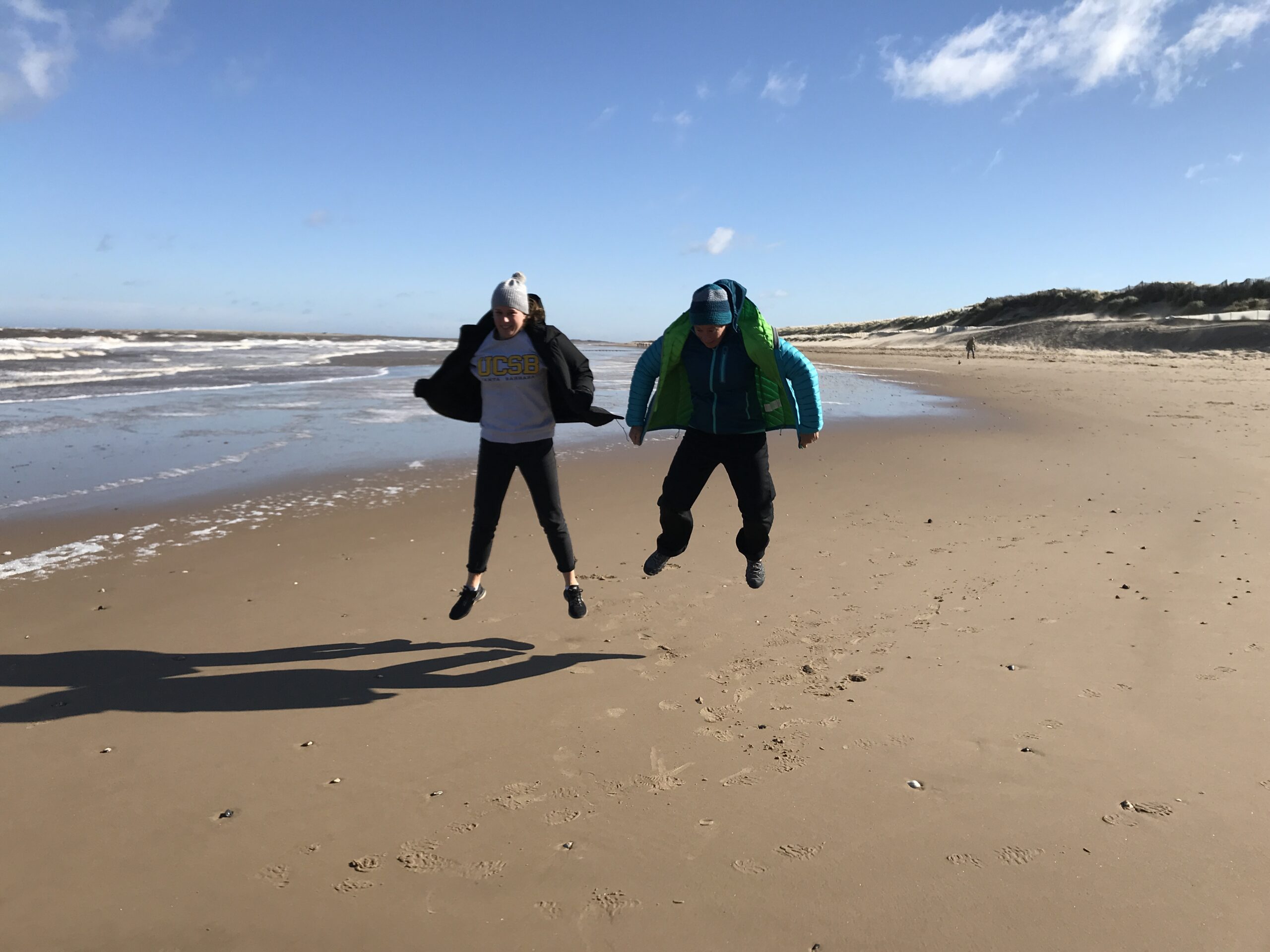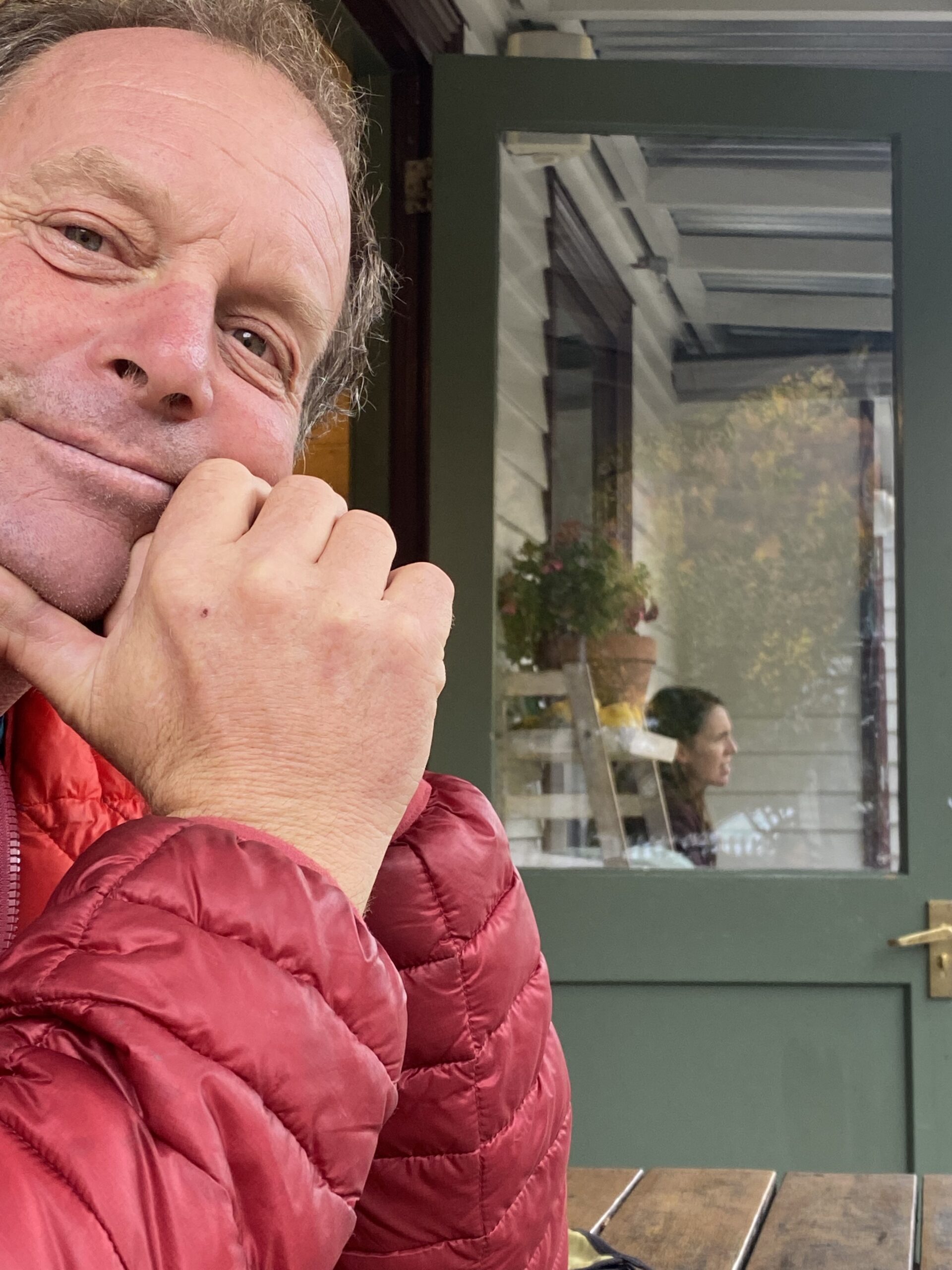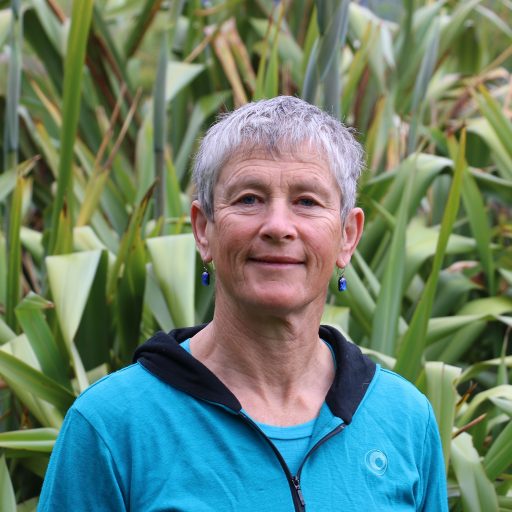Sarah & Jane hovering above Brancaster Beach
In the New Year I suddenly realised how long it is likely to be until we see Sarah again, given that she currently lives in the UK. This shouldn’t have come as a startling revelation, but her Christmas card expressing the hope that we might meet up somewhere in the world in 2021 brought it home to me. I also know that, a generation ago, I left home for an indeterminate amount of time with no plan to coming back until I was coming back to stay. That was normal, and my parents coped because they had no choice. It is the loss of choice that one notices, not the loss of future prospects that one never knew one had.
On March 20 2020 New Zealand closed its borders to everyone except citizens and residents for the first time in our history. At the time I wondered whether closures would extend further, now they have – to fly to New Zealand from another country you now need to have a negative COVID-19 test no more than 3 days old at the time that you board the plane. I wonder whether people would have coped with that restriction in March 2020; in my foray on Facebook I now find the majority of those prepared to comment are comfortable with people being stateless for a period of time, if those people have an undesirable disease.
In March 2020 a vaccine was considered to be about 6 months away. The timeframe for vaccine realisation was out by 50%, which was not too bad given that vaccines have previously taken many years to develop and commercialise and the hoped for date was incredibly bullish. Vaccines are being rolled out in multiple countries and the world has moved on from the question of when will a vaccine be available, to the new questions we have learned, such as:
- Will vaccines prevent transmission of COVID-19 as well as preventing illness in the recipient?
- How long will vaccines prevent illness in the recipient for?
- The back room question of whether the vaccine could have health side effects in the medium to long term (because all testing has obviously been short term).
- The front room question of whether vaccines now developed will be effective against the new strains of COVID-19 that are spreading rapidly because they are more infectious than existing strains. So far variants have emerged from the UK, South Africa and Brazil where there are high rates of infection. Trump must be disappointed that the US has not yet developed a super-COVID of its own!
There is the growing issue of rate of vaccine roll-out timelines. We need to achieve herd immunity, which will require between 70 and 90% of the population to be immune through vaccination or infection (the exact proportion is complex to calculate and includes knowingparameters such as Ro which we can only estimate, and which changes as more infectious strains evolve). New Zealand’s rollout strategy is projected to commence in April 2021 for border and health workers and start vaccinating other members of the population in the second half of the year. The reason for our slow start is that New Zealand does not yet have vaccine in the country (we clearly are further back in the manufacturing queue), and MedSafe has to approve any vaccines before they are administered here, a process that will likely take around 3 months (it is currently being streamlined) for each vaccine. Our government has pre-purchased the following vaccines to date:
- Pfizer/Biontech: the first vaccine cab off the rank in the USA and UK. It has been shown to be around 95% effective in Phase III trials. NZ has pre-purchased enough to inoculate 750,000 people (2 doses required per person).
- Oxford/Astraneneca: we have purchased enough for 3.8 million people (2 doses required per person). However, Phase III trials suggest 70% efficacy, which means higher levels of vaccination would be required to achieve herd immunity and, with more infectious strains, it is possible that this vaccine is not sufficiently effective to reach herd immunity.
- Janssen: we have purchased enough for 5 million people (1 dose required). This vaccine is still in Phase III clinical trials with results expected late January so we don’t yet know its efficacy (the trial only started in December so results will be early stage). Manufacturing slowdowns mean we might see it in NZ late in the year i.e. it wouldn’t be approved until 2022.
- Novovax: we have purchased enough for 5.36 million people (2 doses required). Novovax is also still in Phase III trials with preliminary results expected late January i.e. another vaccine for 2022 in NZ.
My mental summary, in relation to herd immunity, opening borders and seeing Sarah, is that we are likely to have our border and health workers vaccinated this year but are highly unlikely to get anywhere close to herd immunity till some time in 2022 as vaccines are rolled out from the second quarter of 2022. In the meantime, the game will keep changing as more infectious strains increase the level of vaccination required for herd immunity and new strains potentially have mutated such that vaccines need to be adjusted to be effective against them i.e. people already vaccinated won’t be immune to a new strain and a further vaccination rollout is required.
Further, in relation to international travel, as long as COVID-19 is labelled a pandemic one cannot get insurance to cover it. Therefore if you get COVID-19 while travelling you are liable for all your medical costs and you won’t be able to come home while you have it, to get cared for in New Zealand. People have suggested that Sarah could just come home for a holiday, but I have another problem there – I don’t think this is a time in the world when people should be going on holiday because of the risks to self and others and costs to community and government. So how could I possibly encourage her to return when I think that is unethical – I cannot have one set of ethics for myself and another for everyone else!
The coalescence of all these realisations was like a sledgehammer in my brain. What I notice when I explain the situation as I understand it to others, is that some people simply don’t want to know. This has led me to wondering, what is the boundary between hope and fairy stories? How much knowledge does one need to gather to have a considered opinion rather than an unrealistic one? And when is it a good thing to have a considered opinion versus one with more room for unrealistic hope, which allows one to move forward less encumbered?
I have also noticed this question in the past, particularly where someone I know has an incurable disease which will kill them at some point in time. Some people (including me) want to gather as much information as possible to understand what is going on (though I may be ignorant as to how much I have actually found out – there may still be more to learn). Other people quite explicitly feel they will relate better to the ill person if they don’t know the details and can live in a fuzzy hopeful state. The person who is ill can sit anywhere on that spectrum.
Obviously there is no ‘right’ place to sit on the hope-information spectrum; the variety of positions makes for a high degree of complexity in conversation about the topic. One needs to elucidate where someone else is positioned and discuss the topic a manner, and at a level, appropriate to the position of the other person in order to avoid upset. No wonder the COVID-world feels like it is getting trickier by the day and New Year’s hopes are visibly morphing into New Year’s concerns.



Discover more from Jane Shearer
Subscribe to get the latest posts sent to your email.



